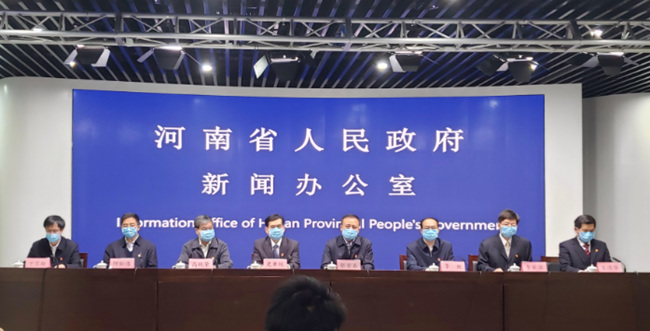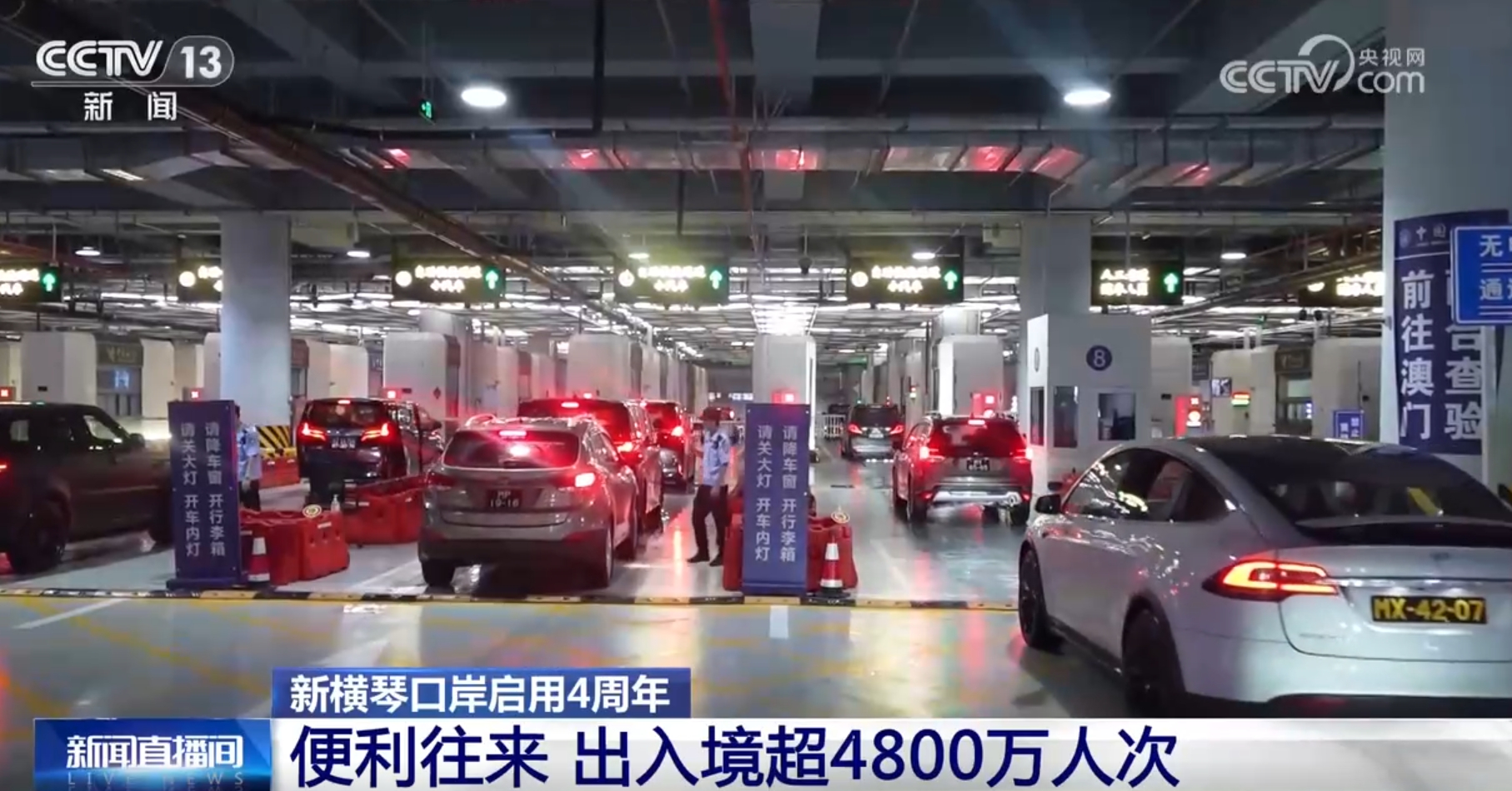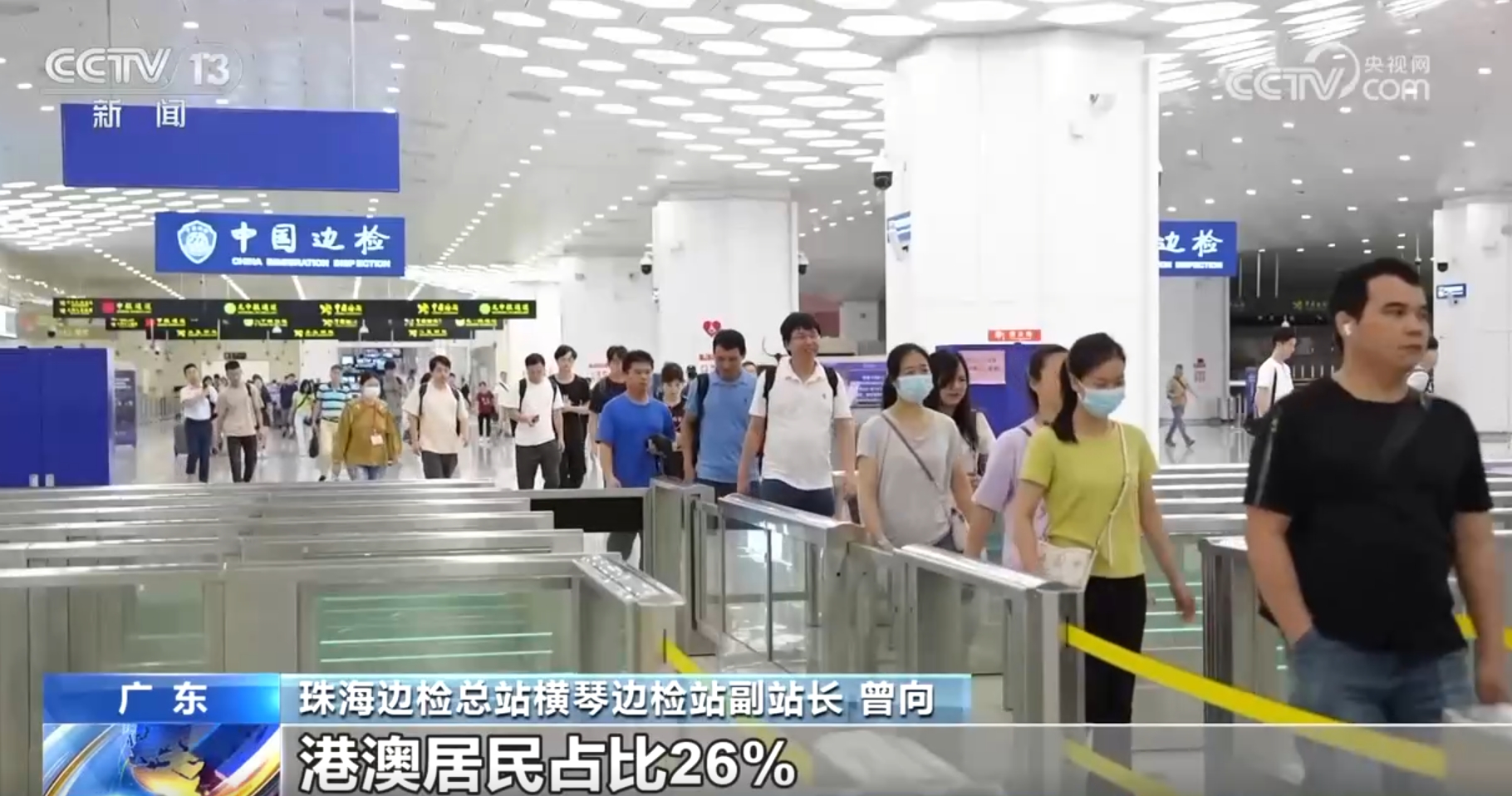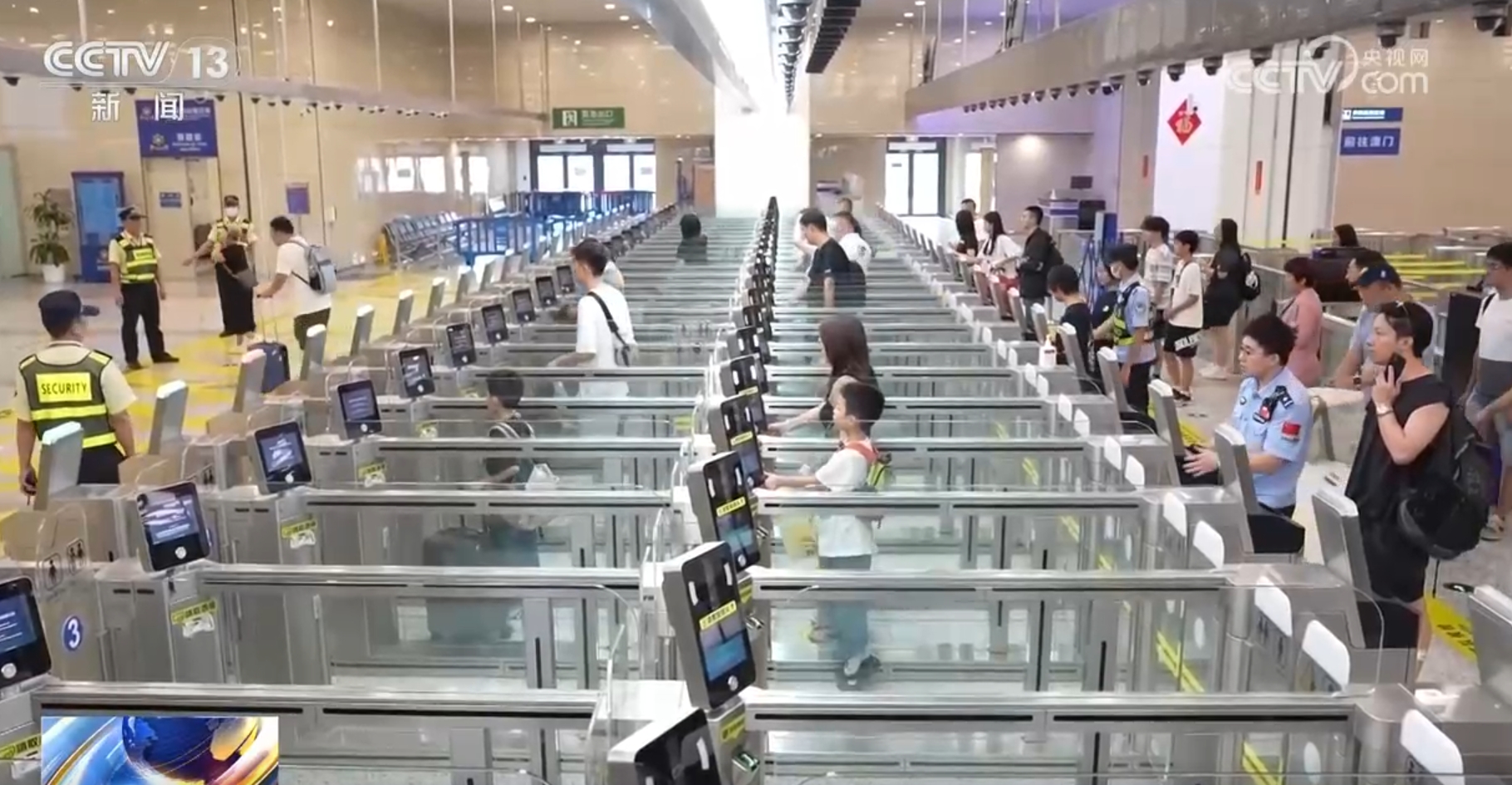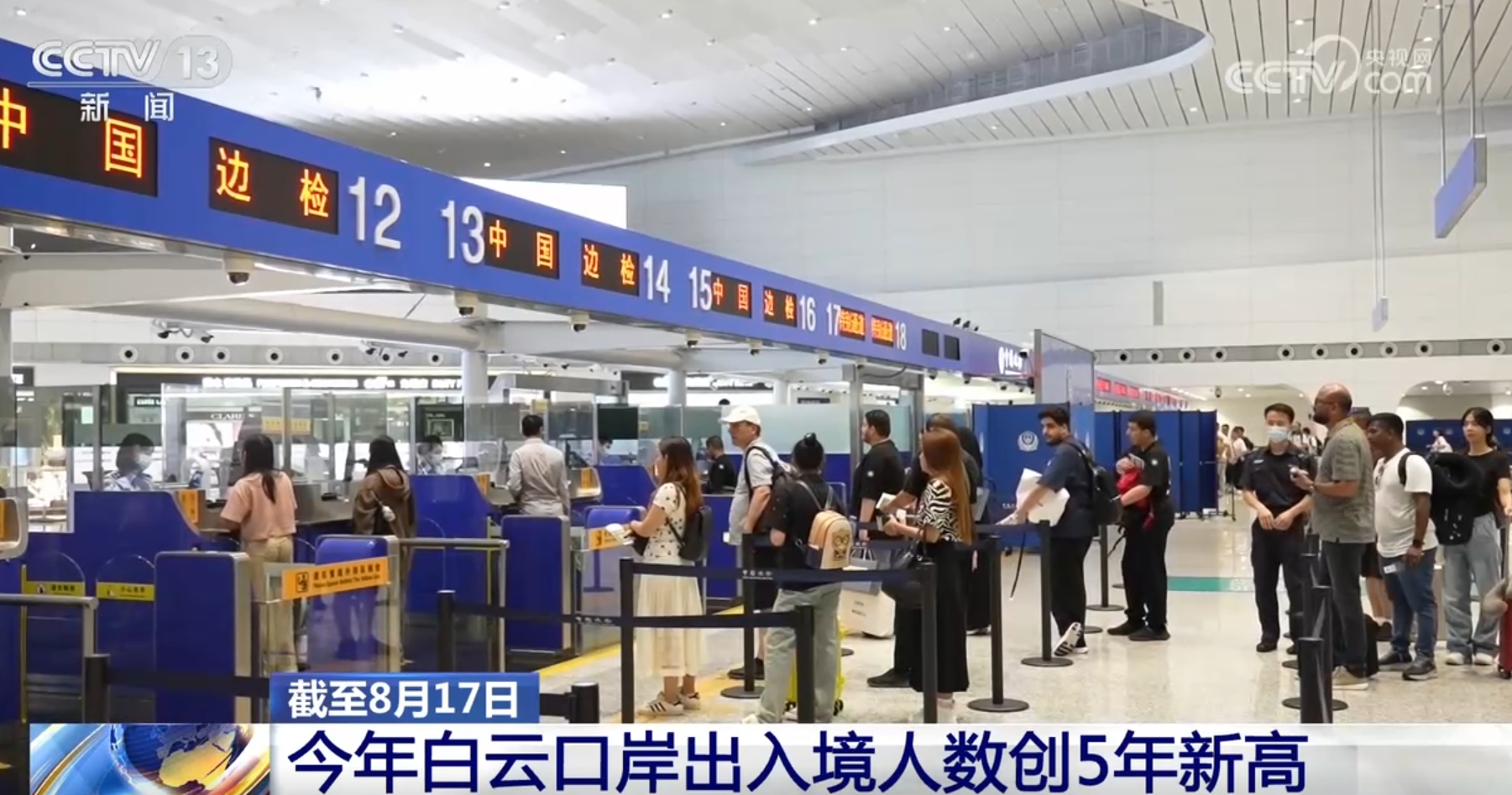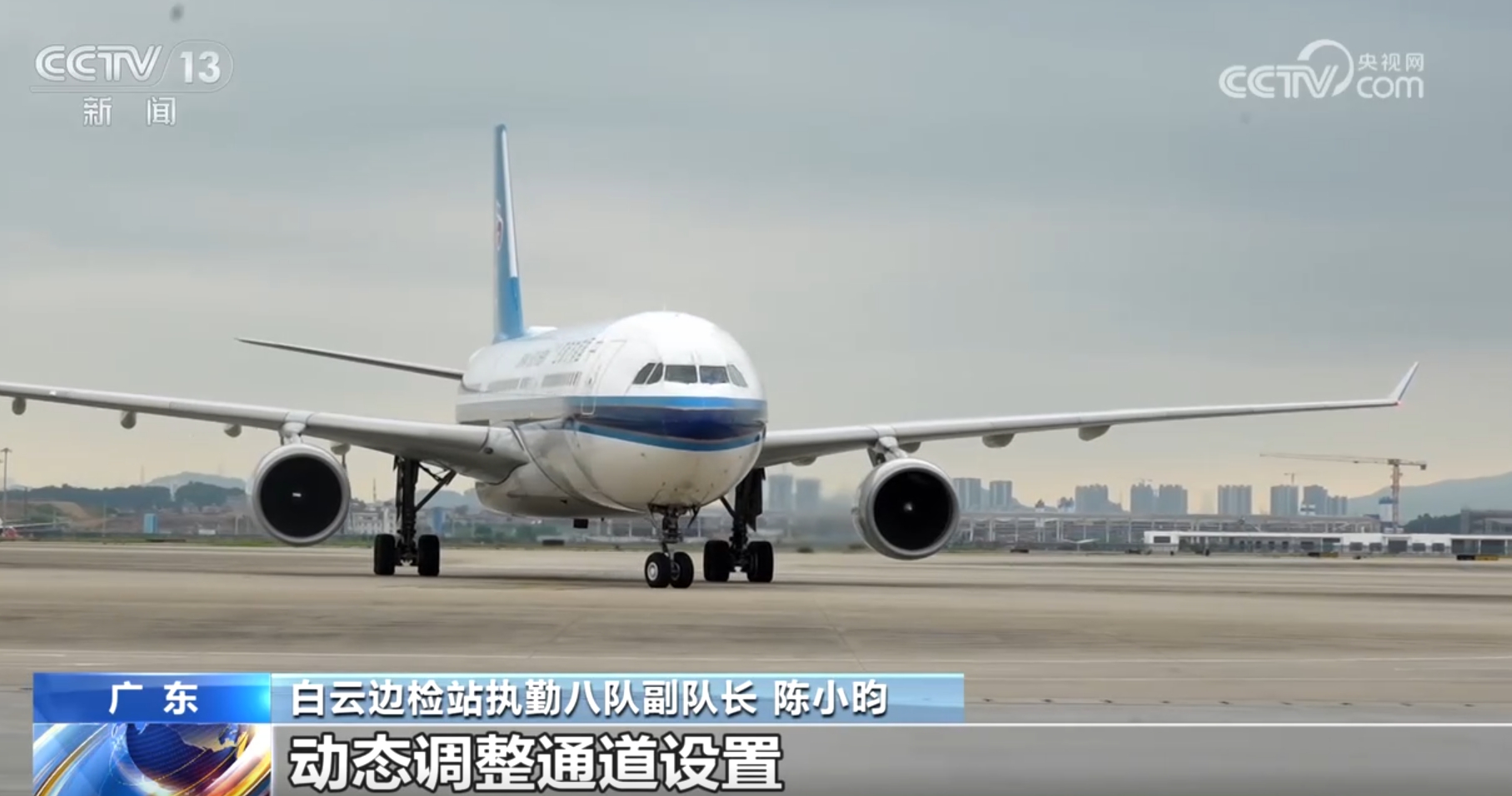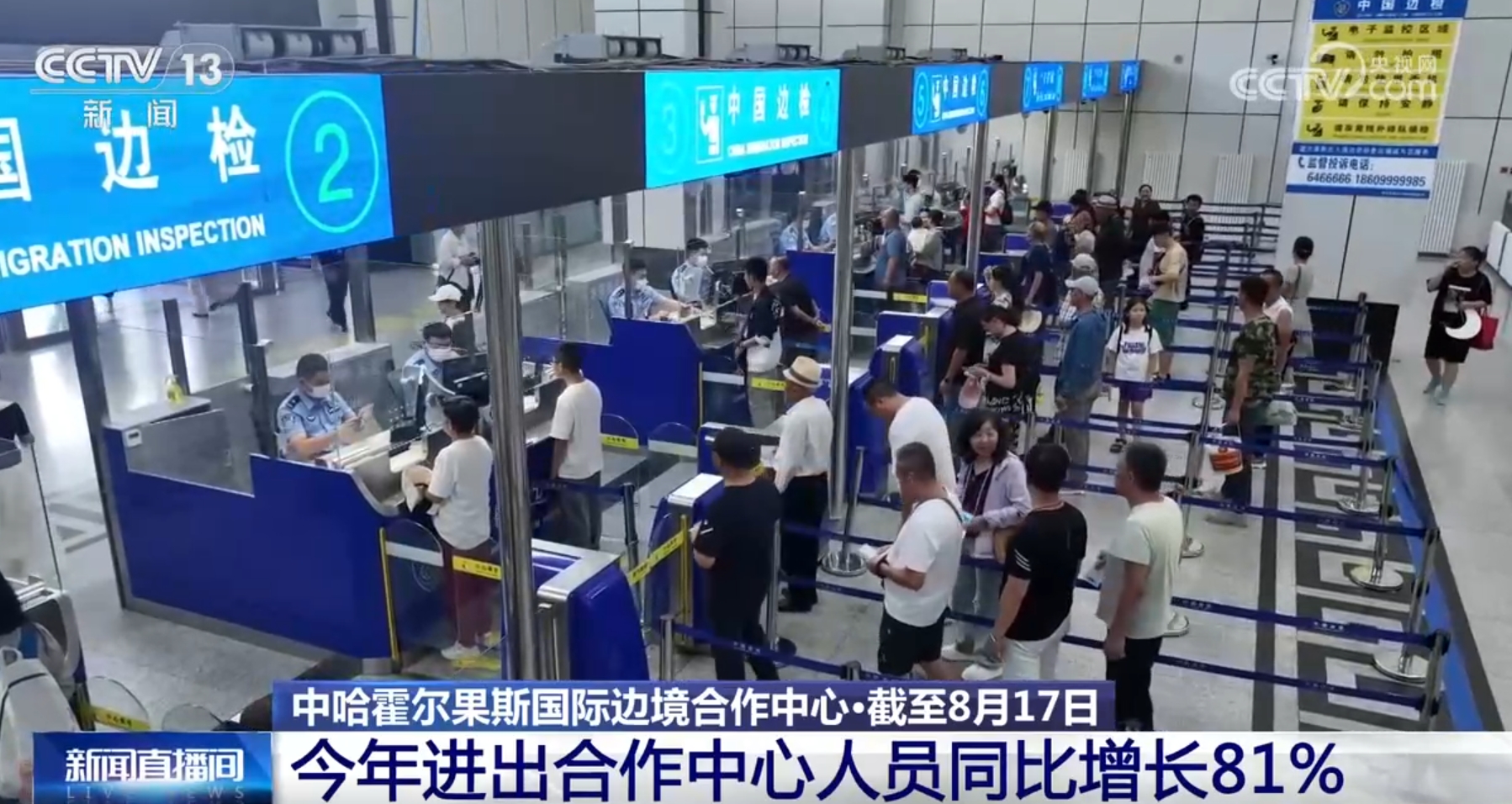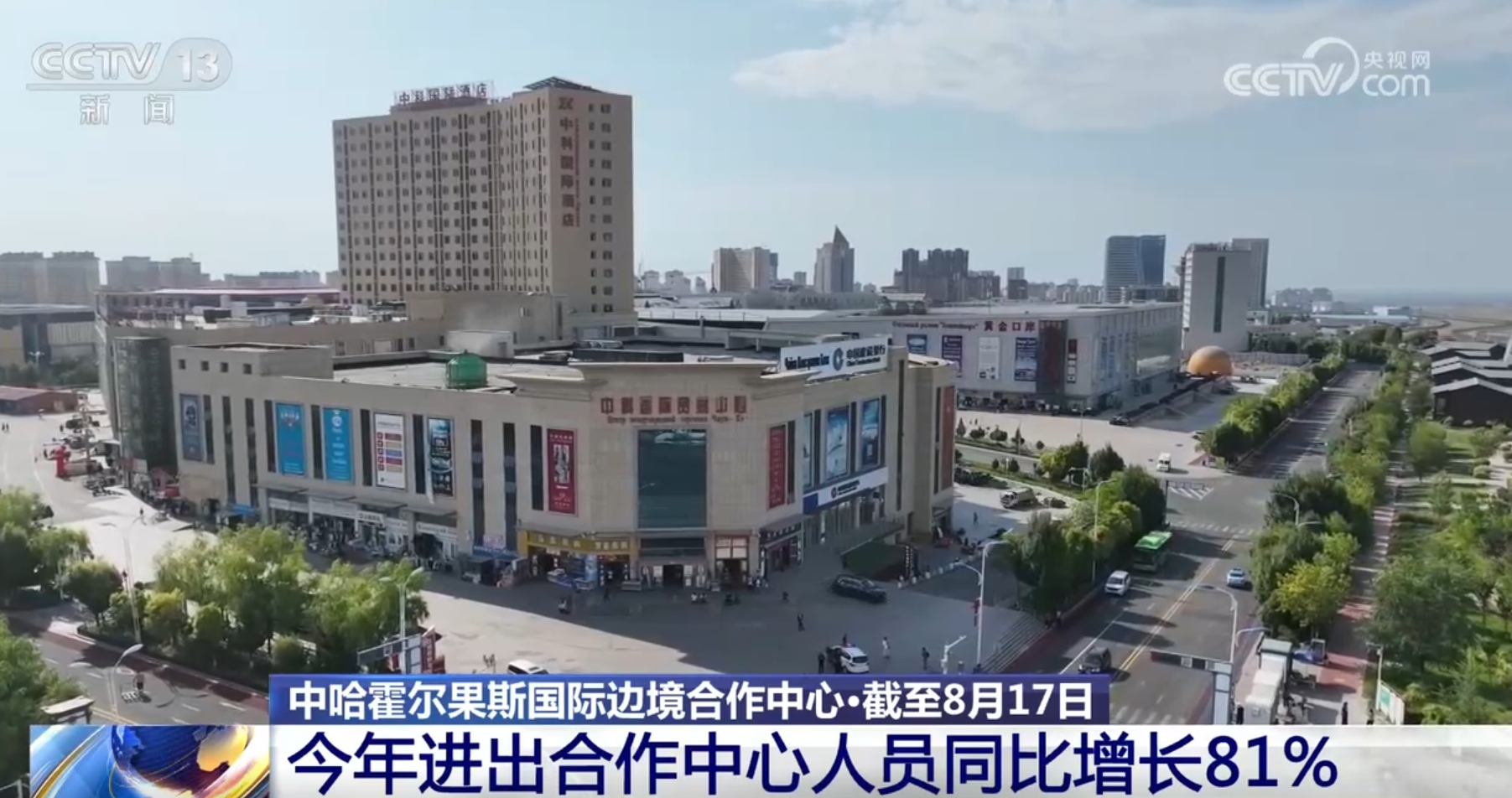The country calls you "trade-in"!
This year’s government work report proposes to promote the upgrading and technological transformation of all kinds of production equipment and service equipment, and encourage and promote the trade-in of consumer goods. A few days ago, the State Council issued the Action Plan for Promoting Large-scale Equipment Renewal and Consumer Goods Trade-in.
Q
Why should we promote large-scale equipment renewal and trade-in of consumer goods?
A: Promoting large-scale equipment renewal and trade-in of consumer goods is an important measure to accelerate the construction of a new development pattern and promote high-quality development. It can promote the continuous increase of the proportion of advanced production capacity, and make high-quality durable consumer goods enter residents’ lives more. It can not only promote consumption and stimulate investment, but also increase advanced production capacity and improve production efficiency. It can also promote energy conservation and carbon reduction and reduce potential safety hazards. It can be said that it benefits enterprises and benefits the people, which is beneficial to the present, the long-term and the multi-purpose.
Q
How big is the market space for "trade-in"?
A: China is a manufacturing country and a populous country. In 2023, the scale of equipment investment in key areas such as industry and agriculture will be about 4.9 trillion yuan. With the deepening of high-quality development, the demand for equipment renewal will continue to expand, and it will be a huge market with an annual scale of more than 5 trillion yuan. At the same time, by the end of 2023, the number of civilian cars reached 336 million, and the number of household appliances such as refrigerators, washing machines and air conditioners exceeded 3 billion. The upgrading of cars and household appliances can also create a market space of one trillion yuan.
Q
What are the objectives of the Action Plan?
A: By 2027, the scale of equipment investment in industry, agriculture, construction, transportation, education, cultural tourism, medical care and other fields will increase by more than 25% compared with 2023; The energy efficiency of major energy-using equipment in key industries has basically reached the level of energy saving, and the proportion of production capacity with environmental protection performance reaching Grade A has been greatly improved. The penetration rate of digital R&D design tools and the numerical control rate of key processes of industrial enterprises above designated size have exceeded 90% and 75% respectively. The recycling volume of scrapped cars has doubled compared with 2023, the trading volume of used cars has increased by 45% compared with 2023, the recycling volume of used household appliances has increased by 30% compared with 2023, and the proportion of recycled materials in resource supply has further increased.
Q
What are the key actions?
A: First, implement the equipment renewal action. We will promote the upgrading of equipment in key industries, speed up the upgrading of equipment in the fields of construction and municipal infrastructure, support the upgrading of transportation equipment and old agricultural machinery, and improve the level of medical equipment for education, culture and tourism.
The second is to implement the trade-in of consumer goods. Carry out the trade-in of automobiles and household appliances, and promote the trade-in of home improvement consumer goods.
The third is to implement recycling actions. Improve the recycling network of waste products and equipment, support the circulation and trading of second-hand goods, promote remanufacturing and step-by-step utilization in an orderly manner, and promote the high-level recycling of resources.
The fourth is to implement the standard improvement action. Accelerate the improvement of energy consumption, emissions and technical standards, strengthen the upgrading of product technical standards, strengthen the supply of resources recycling standards, and strengthen the convergence of domestic and international standards in key areas.
The fifth is to strengthen policy guarantee. Increase financial policy support, improve tax support policies, optimize financial support, strengthen factor support, and strengthen innovation support.
Q
What benefits will it bring to the lives of ordinary people?
A: In terms of automobile trade-in, it includes promoting automobile echelon consumption and renewal consumption, organizing national automobile trade-in promotion activities, and optimizing automobile purchase restriction measures according to local conditions.
Trade-in of household appliances includes smoothing the consumption chain of household appliances, supporting joint production enterprises and recycling enterprises to carry out trade-in promotion activities, and giving preferential treatment to consumers who exchange old appliances for energy-saving appliances. At the same time, encourage qualified places to subsidize consumers to buy green smart home appliances and accelerate the implementation of after-sales service improvement actions for home appliances.
In terms of the replacement of home-improvement consumer goods, residents will be supported to carry out local renovation of old houses, kitchens and bathrooms through various means such as government support and profit-making by enterprises, continue to promote the aging renovation of homes, and actively cultivate new consumption such as smart homes. Promote home improvement model rooms to enter shopping malls, communities and platforms, encourage enterprises to build online model rooms, and provide affordable products and services to meet diversified consumer needs.
Q
How to better promote the recycling of products and equipment?
A: Accelerate the development of "trade-in+recycling" logistics system and new model, support the production and sales enterprises of durable consumer goods to build reverse logistics system or cooperate with professional recycling enterprises to recycle waste consumer goods at home. Further improve the recycling network of renewable resources and support the construction of a number of centralized sorting and processing centers. Optimize the layout of scrap car recycling and dismantling enterprises, and promote the door-to-door pick-up service model. Improve the recycling channels of office equipment in public institutions. Support the development of online trading platform for waste products and equipment.
Q
How to make second-hand goods play a better role?
A: Continuously optimize the registration management of used car transactions and promote convenient transactions. Vigorously develop the export business of used cars. Promote the standardization of second-hand electronic products transactions, and prevent leakage and malicious recovery of user information. Promote second-hand commodity trading platform enterprises to establish and improve the evaluation mechanism of distribution enterprises and users in the platform, and strengthen information sharing such as credit records and illegal and untrustworthy behaviors. Support electronic product manufacturers to develop second-hand transactions, renovation and maintenance services.
Transferred from Economic Daily
]
